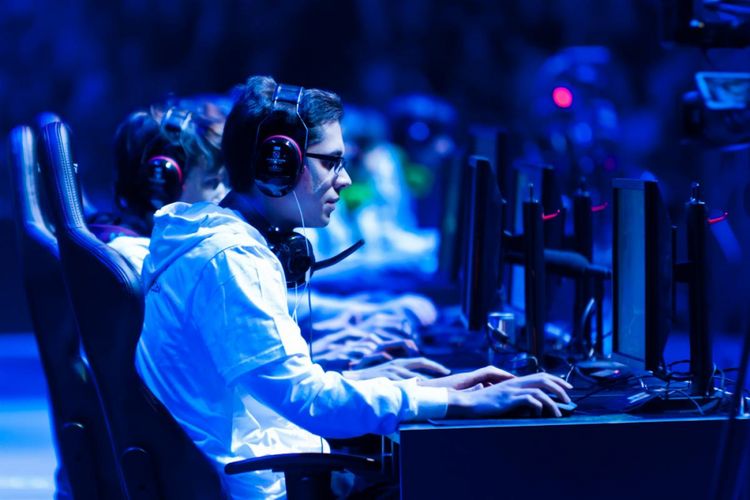What’s the Difference between Gaming and eSports?
In the realm of digital entertainment, gaming and esports are often used interchangeably, but they represent distinct facets of interactive entertainment culture. While both involve playing video games, there are significant differences between the two. This article aims to elucidate the distinctions between gaming and esports.
Gaming refers to the act of playing video games for recreation, entertainment, or leisure purposes. It encompasses a broad spectrum of gaming experiences, ranging from casual mobile games to immersive single-player adventures and complex multiplayer online games. Gaming is a diverse and inclusive activity enjoyed by people of all ages and backgrounds, offering an interactive platform for escapism, socialization, and creativity.

Esports, short for electronic sports, refers to organized competitive gaming events where professional players compete against each other in multiplayer video games. Esports involves structured tournaments, leagues, and competitions with defined rules, formats, and prize pools. Players participate in esports to showcase their skills, compete at the highest level, and earn recognition and rewards within the gaming community.
In summary, while gaming and esport share the common element of playing video games, they represent distinct phenomena within the digital entertainment landscape. Gaming encompasses a broad range of recreational experiences enjoyed by casual players, while esport involves organized competitive gaming at a professional level. Understanding the differences between gaming and esports helps elucidate the diverse and evolving nature of interactive entertainment culture, catering to the interests and aspirations of players worldwide.